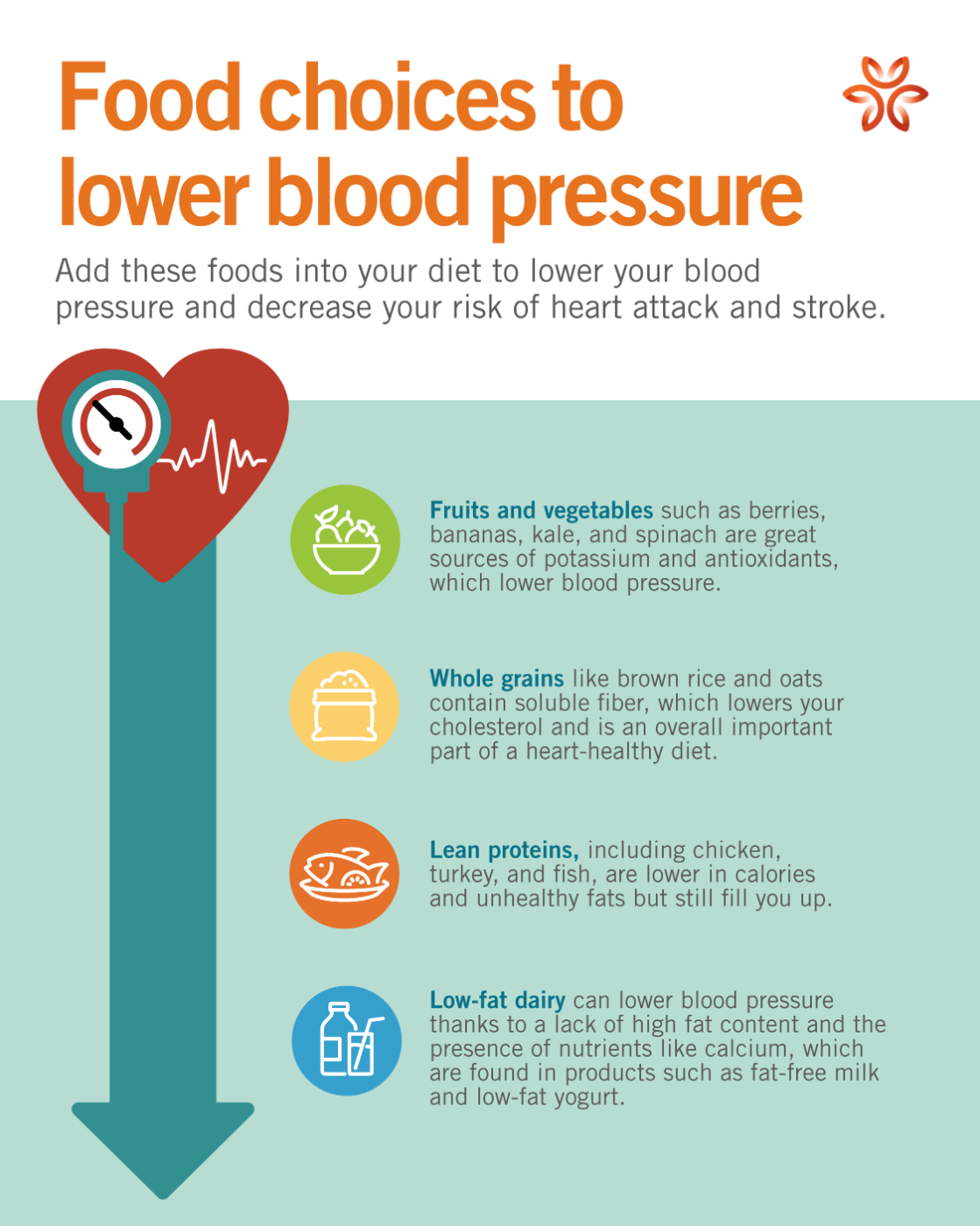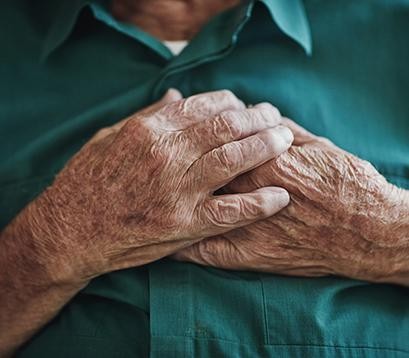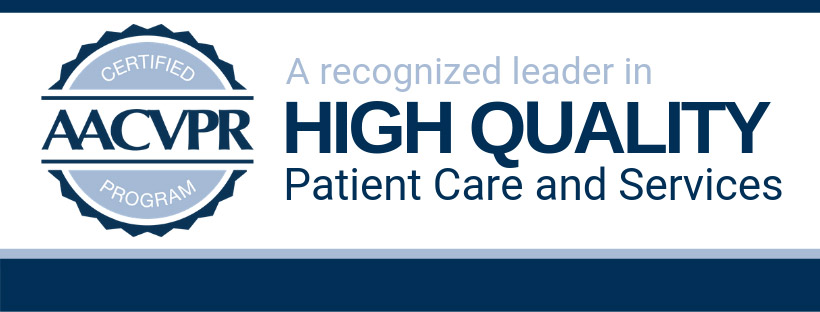What is atrial fibrillation (AFib)? AFib is the most common type of irregular heartbeat, causing the heart to beat rapidly and irregularly. According to the Centers for Disease Control and Prevention (CDC), by 2030, it is estimated that 12.1 million Americans will have AFib.
Symptoms can include heart palpitations (a fluttering or racing feeling in the chest), shortness of breath, chest pain or pressure, dizziness, lightheadedness, and weakness. Some individuals with AFib may not experience noticeable symptoms, but even without symptoms, AFib can lead to serious health complications, such as stroke, blood clots, and heart failure. Fortunately, there are various treatment options available, including medications and minimally invasive procedures, depending on the severity of the condition and individual health factors. Treatment should always be discussed with your doctor to determine the best approach. With proper care, many people with AFib can lead active and healthy lives.
Resources: Who is at risk for AFib?, Is AFib Curable?, AFib Symptoms, AFib Treatments, Types of AFib


 Our comprehensive range of cardiac interventions and procedures includes minimally invasive, robotic-assisted surgery, and comprehensive surgical services. Our state-of-the-art hybrid operating suite allows radiologists, cardiologists, and heart surgeons to collaborate seamlessly in the same room, simultaneously. This advanced technology enables enhanced treatment of complex heart diseases, potentially leading to shorter surgeries, reduced hospital stays, lower infection risks, faster recovery, and fewer follow-up procedures.
Our comprehensive range of cardiac interventions and procedures includes minimally invasive, robotic-assisted surgery, and comprehensive surgical services. Our state-of-the-art hybrid operating suite allows radiologists, cardiologists, and heart surgeons to collaborate seamlessly in the same room, simultaneously. This advanced technology enables enhanced treatment of complex heart diseases, potentially leading to shorter surgeries, reduced hospital stays, lower infection risks, faster recovery, and fewer follow-up procedures.




